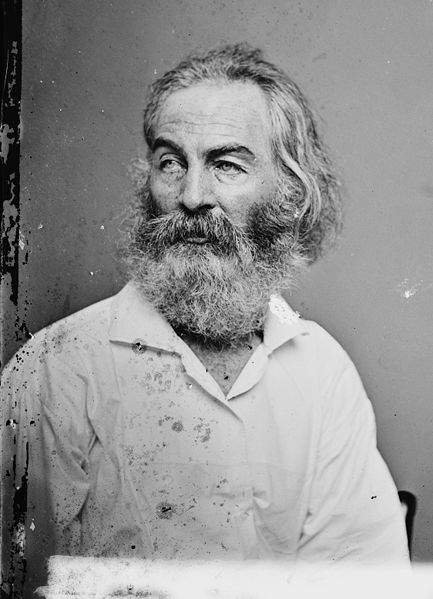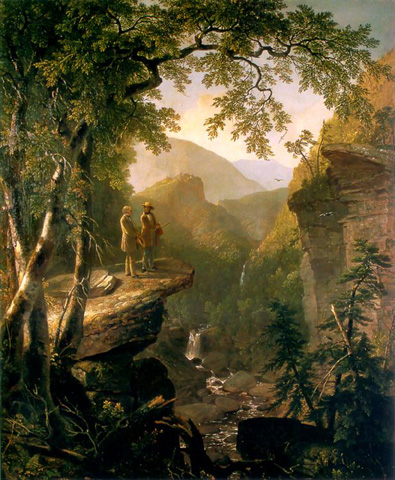As the prophet Moses led the Israelites from slavery into freedom, he provided a collective narrative of the old covenant to help forge a collective identity. He laid down the law of the ten commandments, a didactic expression of morality. Subsequent prophets would come and qualify this moral culture. As the prophet Jesus of Nazareth came onto the scene, he is quoted in the gospel according to Matthew (5:17) as follows:
Do not think that I have come to abolish the Law or the Prophets; I have not come to abolish them but to fulfill them.
While Jesus would seemingly fulfill the prophecy of both Isaiah and John the Baptist, he would also expand on the didactic expression of the ten commandments (i.e., “thou shalt not...) to the more inspirational expression of love (see Matthew 22:37-40). Subsequently, the Apostle Paul would clarify to the Romans of the early Christian church as follows:
For the commandments …. are all summed up in this saying, namely, “You shall love your neighbor as yourself.” Love does no harm to a neighbor; therefore love is the fulfillment of the law (Romans 13,14).
In the Biblical Book of Hebrews (9:10,11), the following verse refects the transition from the old convenant to the new covenant, from less of the didactic, or teaching approach and towards more of an inspirational, or love as a
feeling.
This is the covenant I will make with
the house of Israel
after that time, says the Lord:
I will put my laws in their minds
and write them on their hearts.
I will be their God
and they shall be my people.
And they shall not teach their fellow citizens
or their brothers, saying, 'Know
the Lord,”
for all shall know me,
from the least of them to the greatest.
The Christian church in time would become an institution, break into various denominations, all talking about love, but the truly successful ones can feel it and sustain that feeling on some level. It is this dynamic of our collective nature that this project concerns itself.














No comments:
Post a Comment